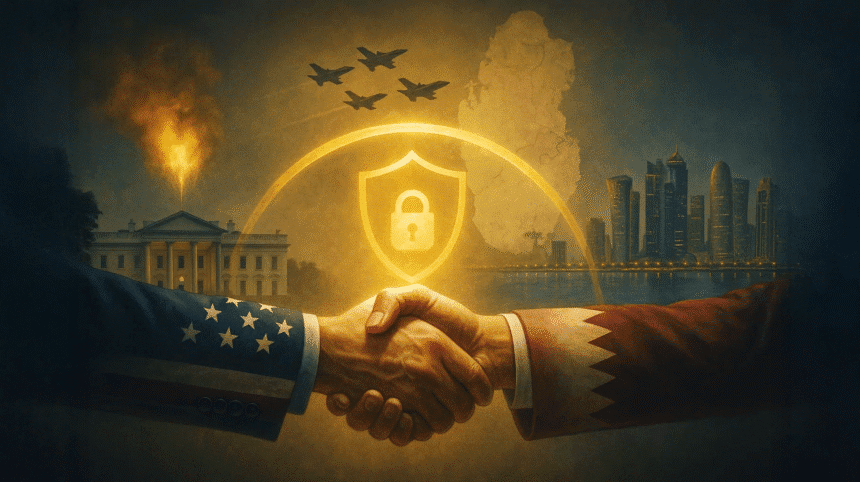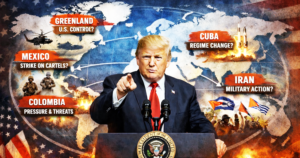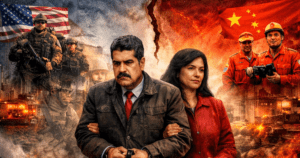President Donald Trump has issued an executive order pledging that the United States will guarantee Qatar’s security and defend its territorial integrity, including the use of retaliatory military action, if the Gulf state comes under attack again. The order follows last month’s unprecedented Israeli air strikes on Doha, which drew condemnation across the Middle East and beyond.
A Response to Israeli Strikes on Doha
The September 9 air strikes targeted Hamas officials meeting in Qatar’s capital to discuss a U.S.-brokered ceasefire proposal for Gaza. While several members of Hamas’ team were killed, the senior leaders survived. The attack also claimed the life of a Qatari security officer, escalating tensions in the Gulf.
On Monday, Israeli Prime Minister Benjamin Netanyahu apologized directly to Qatar for the killing of its citizen, speaking with Qatari Prime Minister Sheikh Mohammed bin Abdulrahman Al Thani in a joint call with Trump at the White House. Qatar described Israel’s actions as “cowardly and treacherous,” but accepted the apology amid U.S. efforts to repair the fallout.
Trump’s Security Guarantee
In his executive order, Trump declared that the United States and Qatar are “bound together by close cooperation, shared interests, and the close relationship between our armed forces.” He praised Qatar as “a steadfast ally in pursuit of peace, stability and prosperity” and emphasized its support for Washington in mediating regional conflicts.
“The United States shall regard any armed attack on the territory, sovereignty or critical infrastructure of the State of Qatar as a threat to the peace and security of the United States,” the order reads.
The move effectively extends a NATO-style security guarantee to Qatar, though legal experts note its scope remains uncertain. Unlike treaties, executive orders do not require Senate approval, and any decision to use U.S. military force ultimately rests with the president.
A Key U.S. Ally in the Gulf
Qatar hosts the Al Udeid Air Base, the forward headquarters of U.S. Central Command, and has long been a critical partner in American military operations across the Middle East. In 2022, former President Joe Biden designated Qatar as a major non-NATO ally, citing its role in facilitating the U.S. withdrawal from Afghanistan.
After the Israeli strikes, U.S. Secretary of State Marco Rubio visited Doha to reassure Qatari leaders of Washington’s commitment. “We reaffirmed the enduring U.S.-Qatar security partnership and our shared commitment to a safer, more stable region,” Rubio wrote on X.
Qatar’s Foreign Ministry spokesperson Majed al-Ansari said the country remains determined to “defend our sovereignty and prevent any recurrence of an attack.”
Regional and Global Implications
The executive order signals Washington’s intent to deepen its role as Qatar’s security guarantor at a time when Gulf states are navigating shifting alliances and regional instability.
Bader al-Saif, a Gulf affairs analyst at Kuwait University, wrote that Qatar’s strategic importance makes U.S. backing indispensable. “The Gulf’s centrality in the Middle East and its significance to the United States warrants specific U.S. guarantees beyond Trump’s assurances,” he noted.
Trump’s move highlights the delicate balance Washington seeks to maintain, reassuring Qatar of its protection while preserving its long-standing alliance with Israel.













